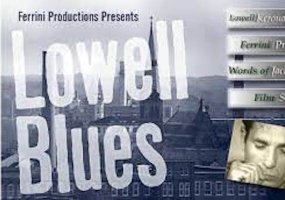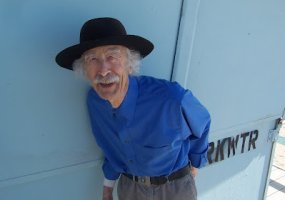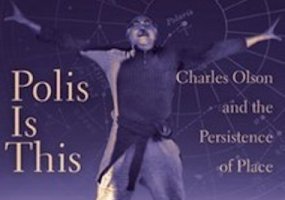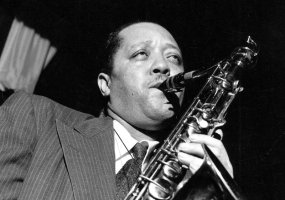Henry Ferrini
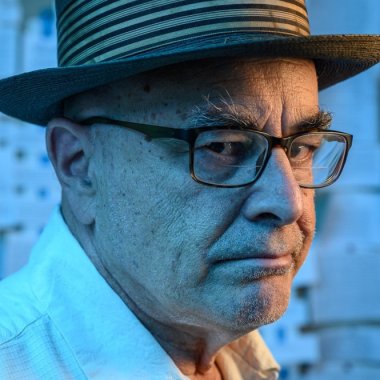
Independent filmmaker Henry Ferrini works out of the port city of Gloucester, Massachusetts. Over the last 25 years, much of his work has focused on what Jack Kerouac called, “the great continent of New England.” His interest in cultural geography has taken him to working-class communities throughout the industrial Northeast unearthing material most would overlook.
Ferrini’s films do not follow the conventional patterns of a biographical documentary. He employs a lyrical, impressionist approach that allows for greater exploration of the subject’s philosophies, thoughts and ideas. He calls his work “film poems.” This style is manifest in his most recent release, POLIS IS THIS: CHALRES OLSON AND THE PERSISTENCE OF PLACE an hour long journey through the poet and filmmaker’s hometown guided by a who’s who in American poetry: Amiri Baraka, Robert Creeley, Anne Waldman, Vincent Ferrini, John Sinclair, Ed Sanders and John Malkovich.
Previous to POLIS IS THIS, Henry created a film focusing on Jack Kerouac featuring Johnny Depp called LOWELL BLUES. LOWELL BLUES interprets how place activates Kerouac’s imagination, and how the writer’s art reshapes his city with reverence and respect.
The film explores his origins – education, the Catholic church, birth and death. Kerouac’s text speaks to the 1930s in which he grew up. By using both archival and contemporary footage, LOWELL BLUES melds modern experiences together with Kerouac’s childhood to create a timeless sense of place.
Ferrini’s current project called PRESIDENT OF BEAUTY: THE LIFE AND TIMES OF LESTER YOUNG, focuses on the great saxophonist Lester Willis Young. Little-known outside jazz circles, Mr. Young’s life could be considered an ugly beauty, a story of exquisite grace set within a time of loathsome racism.

